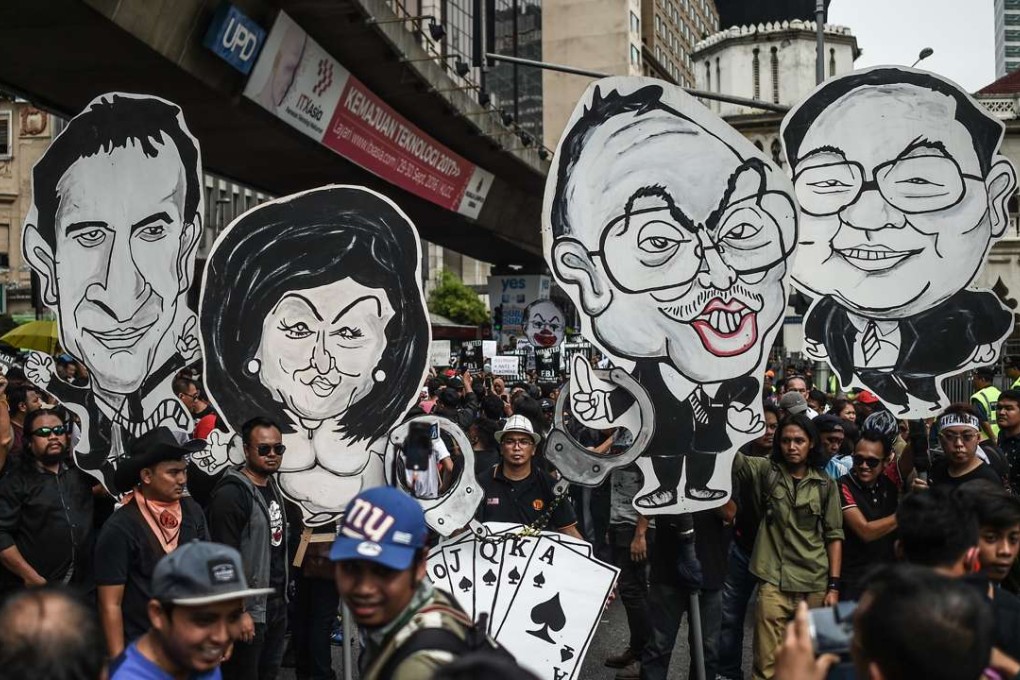Are Malaysia arrests a bid to divert attention from 1MDB scandal?
Move comes soon after controversial appointment of anti-corruption commission’s new chief, seen by some as Prime Minister Najib Razak’s man

Malaysians have been rocked by the arrests of various high-powered government officials and corporate captains in recent weeks, even as Prime Minister Najib Razak battles worldwide graft allegations regarding state fund 1Malaysia Development Berhad (1MDB).
Though the arrests by the Malaysian Anti-Corruption Commission have been praised, critics say the authorities continue to drag their feet on 1MDB. This is despite a US probe claiming that a “Malaysian Official No1” received US$700 million fleeced from 1MDB.
It’s official: Malaysian PM Najib Razak named by cabinet minister as key figure in US lawsuit over 1MDB scandal
More importantly, Malaysian corruption watchdogs say the Najib administration continues to refuse to enact structural reforms that would prevent corruption in the first place.
The lack of action on 1MDB and the political will to make government processes transparent and force public officials to declare their assets, have led to criticism that the arrests are a bid to divert attention from 1MDB.

Over a period of two weeks, the commission picked up three government officials and two top managers at the national Bank Rakyat. The arrests shocked many as about half of them carried titles, such as “Tan Sri” and “Datuk Seri”, which are awarded by the country’s royal families.